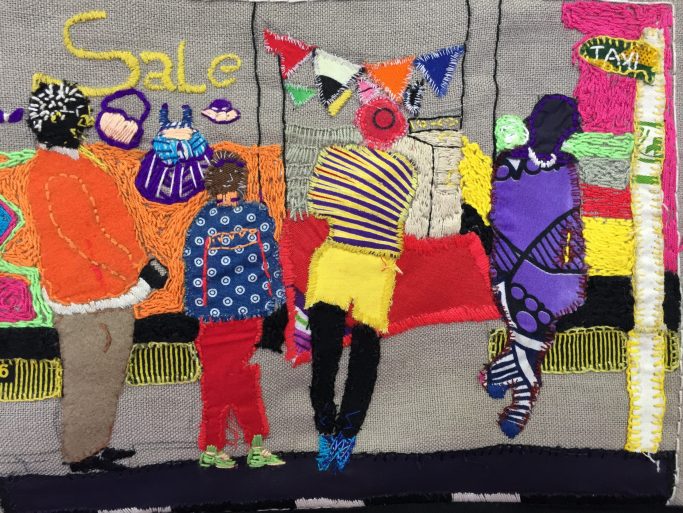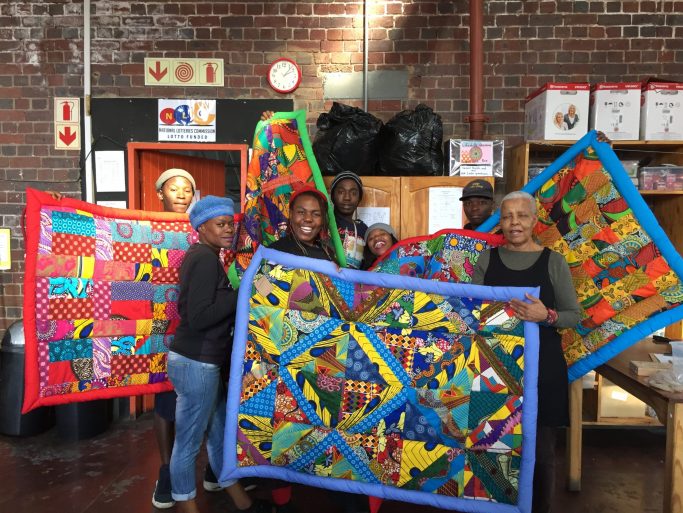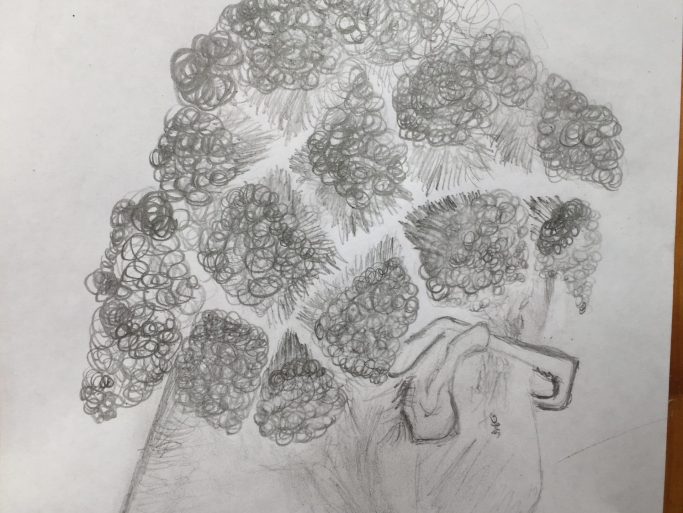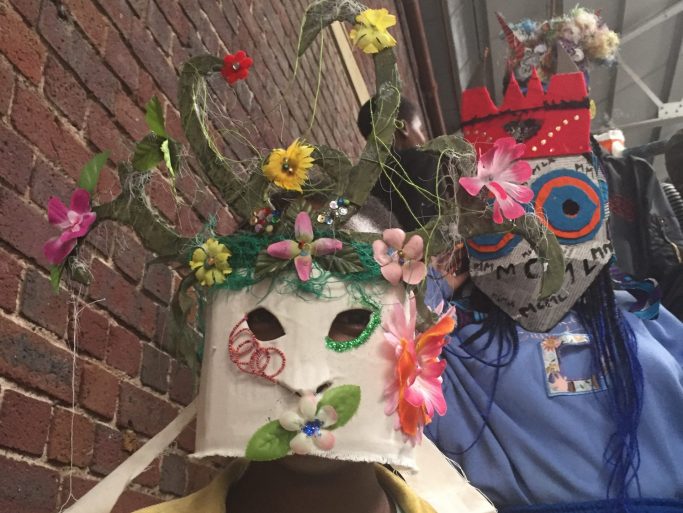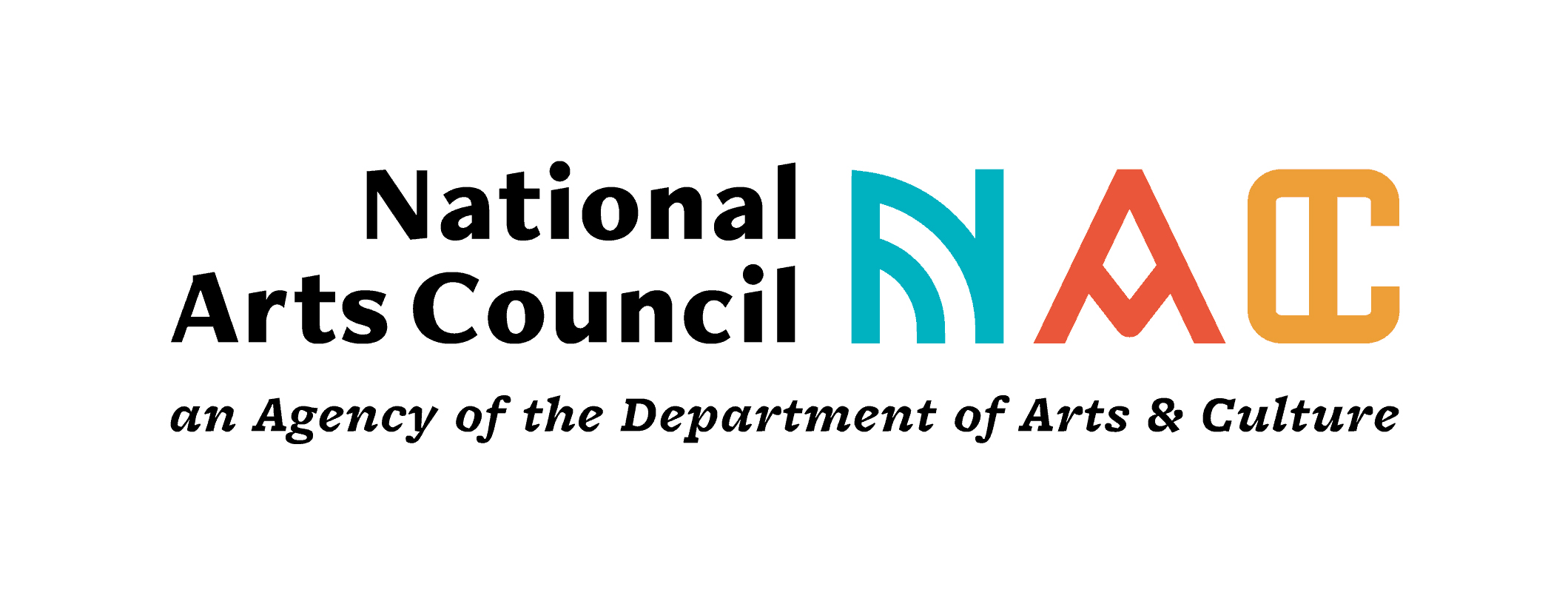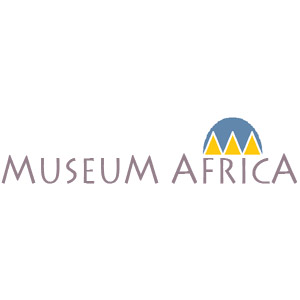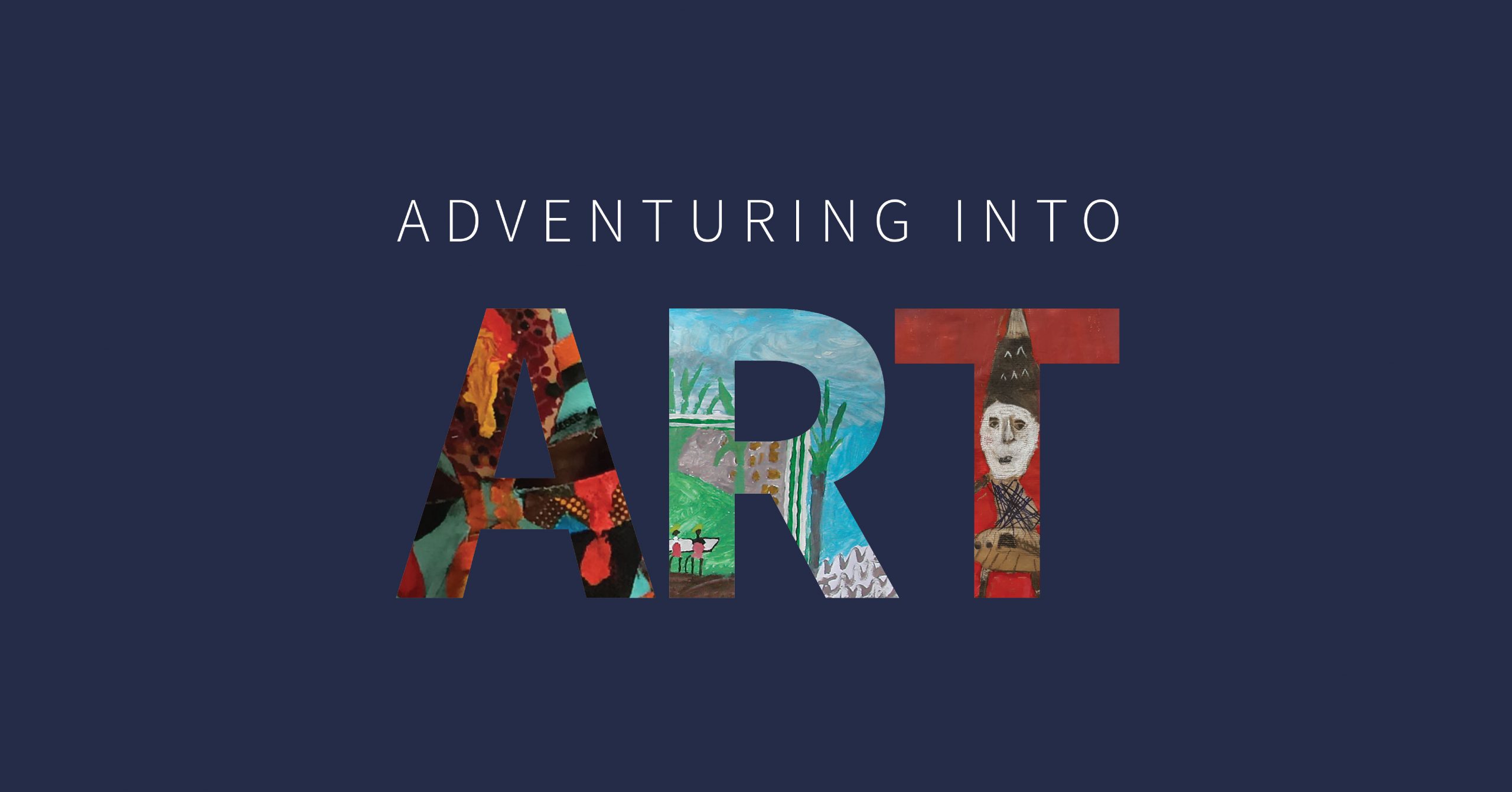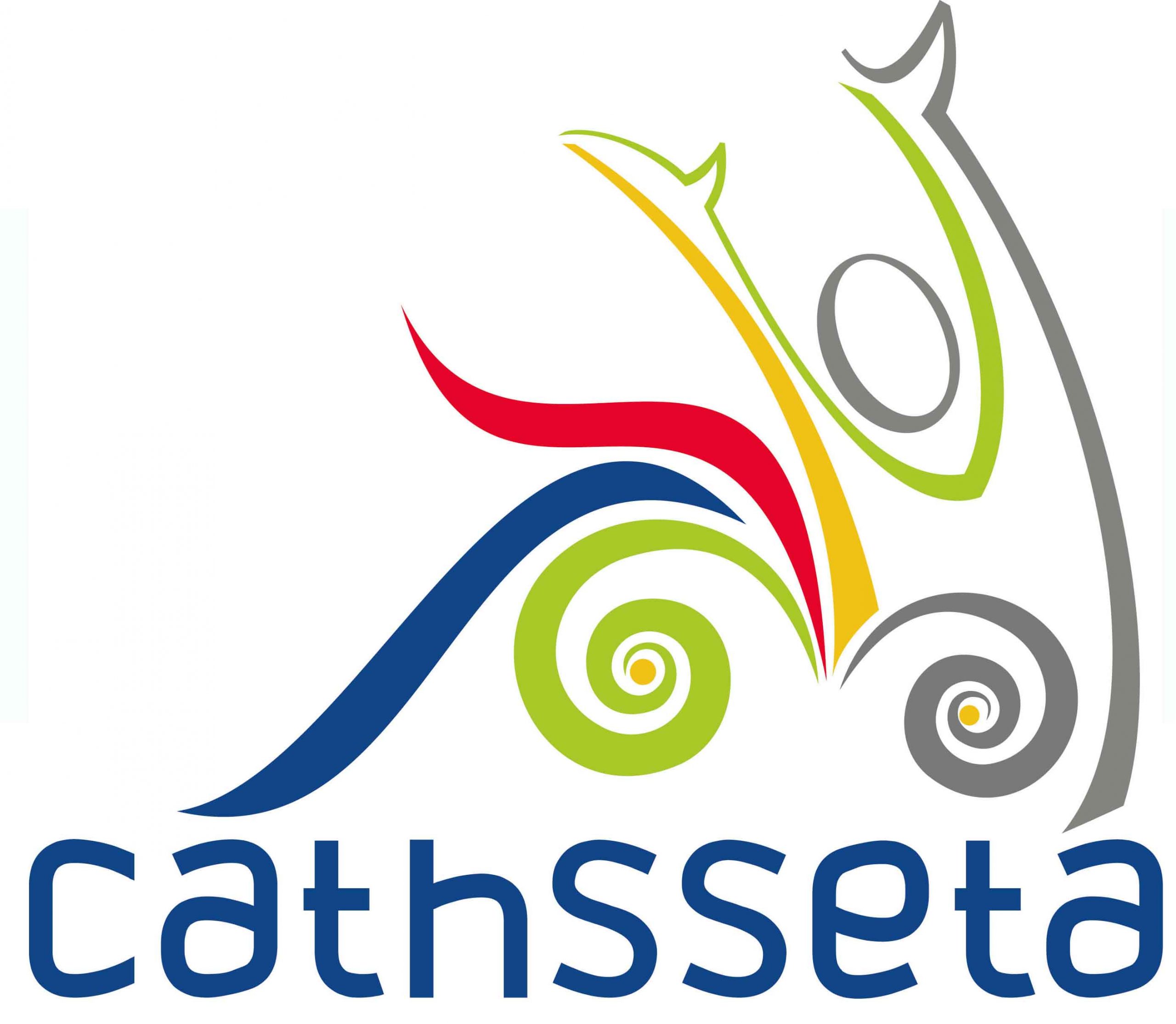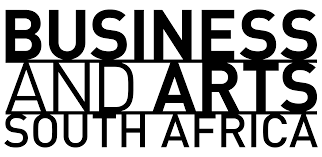THE NEED
Imbali’s crafts training programme works with young people from disadvantaged backgrounds to help them develop such skills – specifically, those needed to create and run a crafts business. The programme also enables them to give back to their communities through our community outreach initiatives.
Imbali’s two-year crafts training course
From the first year of training, students are able to sell the products they make through the Imbali shop in Museum Africa, enabling them to generate a small income during their studies. On graduating, individuals can support themselves and their families through their craftwork. Along with craft and design skills, students are also taught business and entrepreneurial skills, as well as a range of life skills.
The second year of training is essentially an incubation year, during which participants are supported as they start their own businesses. They are given support in product and business development, and are included on incubator work projects to gain experience in production and the crafts business environment. They also attend a facilitators’ training programme, after which they start working with groups of vulnerable people in their communities, teaching crafts and creative arts. Student-run community outreach projects bring art, craft and design to an extremely diverse audience, including many communities outside metropolitan areas. This is Imbali’s Community Outreach Programme.
Approximately 40 young crafters attend the two-year training programme each year. All tools, materials and tuition are subsidised, so we constantly seek funding from government, corporate and private donors to keep the programme going.
Our crafts training objectives
- To make high quality, accredited crafts training and business and marketing training accessible to the unemployed, women and youth at risk.
- Develop craftspeople and designers who can set up sustainable, long-term, income-generating work.
- Provide access to outlets for sustainable marketing and selling.
- Develop self-confidence and a sense of individual worth, leading towards self-reliance through skills acquisition.
- Facilitate in developing creative imagination, leading to original South African design.
- Share equipment and resources in order to run economically viable workshops while establishing young careers.
- Develop new skills and products through a creative and cultural skills exchange with like-minded projects such as: the Keiskamma Art Project in the Eastern Cape http://www.keiskamma.org/ and the Madi A Thavha Mountain Lodge and Craft/Art Centre in Limpopo https://madiathavha.com/craftart
- Encourage and support superb craftsmanship.
- Introduce students to a wide range of traditional art and craft forms, and instil an awareness and appreciation of local history, culture and heritage.
- Build craft-teaching capacity and share skills with children and the elderly in the community.
- Promote art and craft forms that are increasingly unsupported (e.g. textiles and ceramics, which are increasingly disappearing from institutions).
Other crafts training
- Pattern-making and sewing
- Patchwork
- Fabric design and printing (both block printing and screen printing)
- Batik
- Fabric dyeing
- Weaving
- Applique and embroidery
- Drawing
- Jewellery-making
Alternatively, short programmes can focus on general creativity, innovation and product development. This option is suitable for crafters with existing skills, who need inspiration to help them take their product design to the next level.





